The discography of the Japanese girl group Morning Musume consists of fifteen studio albums, five compilation albums, and sixty-four singles. Ever since its establishment in 1997, the group has experienced frequent line-up changes, and currently consists of fourteen members: Mizuki Fukumura (leader), Erina Ikuta (sub-leader), Ayumi Ishida (sub-leader), Masaki Sato, Sakura Oda, Miki Nonaka, Maria Makino, Akane Haga, Kaede Kaga, Reina Yokoyama, Chisaki Morito, Rio Kitagawa, Homare Okamura, and Mei Yamazaki. The group was formed by Sharam Q vocalist Tsunku, who serves as their lyricist, composer, and producer.
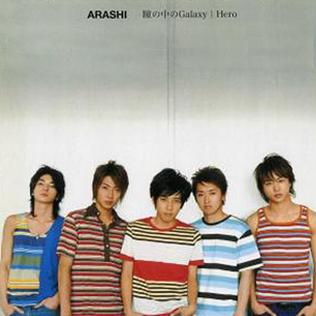
"Hitomi no Naka no Galaxy/Hero" is the thirteenth single of the Japanese boy band Arashi. The single was released in three editions: a regular edition containing a bonus track and karaoke versions of all the songs released in the single, and two limited editions, both containing a DVD with a music video of one of the A-side tracks. The single is the group's third double A-side single, and all the songs included in the single starts with the letter "H".
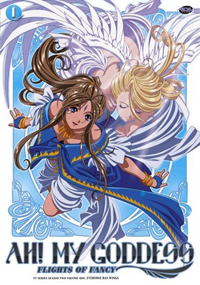
Ah! My Goddess: Flights of Fancy, known in Japan as Ah! My Goddess: Everyone Has Wings is an anime television series directed by Hiroaki Gōda, animated by Anime International Company, and produced by Tokyo Broadcasting System (TBS). The episodes of the series are based on the manga series Oh My Goddess!, written and illustrated by Kōsuke Fujishima. Like its predecessor, the anime does not follow the manga chronologically. The plot covers adventures of Keiichi Morisato and Belldandy in the aftermath of the Lord of Terror fiasco.

"Anata no Koibito ni Naritai no Desu" is a song by Mao Abe. It was originally released as her unofficial debut, in the form of an acoustic demo released to iTunes on August 6, 2008. It was later released as Abe's second physical single on August 5, 2009.
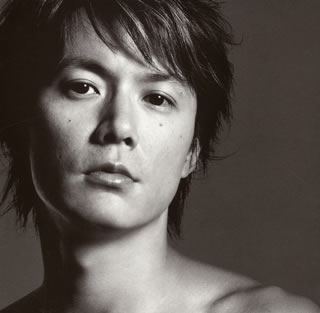
"Niji/Himawari/Sore ga Subete sa" (虹/ひまわり/それがすべてさ) is the eighteenth single by Japanese artist Masaharu Fukuyama. It was released on 27 August 2003. This single sold around 356,600 copies in its first week. It remained at the number 1 position on the Oricon chart for 5 consecutive weeks, breaking the artist record of four consecutive week from his 1994 single "It's Only Love". Niji was used as the theme song for Fuji Television drama Water Boys and Water Boys 2. "Himawari", written by himself, was originally released as a single sung by Kiyoshi Maekawa in 2002.
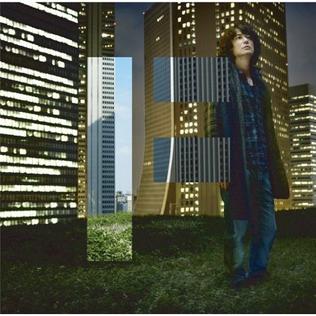
"Hatsukoi" is the twenty-fifth single by Japanese artist Masaharu Fukuyama. It was released on 16 December 2009. "Hatsukoi" (はつ恋) has a tied in with Toshiba Regza Fall/Winter CM. "On and On 09'" is the re-worked version of "On and On," which was performed in Mischishirube 20th Anniversary Tour. "Anmonite No Yume" (アンモナイトの夢) is an instrumental piece used in Dunlop CM. This single was released in three versions- Limited Edition T-shirt,, Limited Edition DVD and Normal Edition. Fukuyama decided to release "Hatsukoi" as a single due to the public demands. He also performed the song in NHK's Kōhaku Uta Gassen, live via satellite from Glover Garden in Nagasaki.

10 My Me is Japanese pop girl group Morning Musume's tenth studio album. It was released March 17, 2010 in both a regular and limited edition. The normal edition came with a photocard, depicting a similar picture to the limited edition cover. The limited edition was packaged with a bonus DVD and had a different, black cover. The title of the album is a pun: "10 My Me" is read as "Jū-maime" (じゅうまいめ) in Japanese, which literally means "tenth album". The album contains vocals from former member Koharu Kusumi who graduated from the group in December 2009; she is not credited.

"Hello" is the tenth single by Japanese artist Masaharu Fukuyama. It was released on February 6, 1995. It was used as the theme song to the drama Saikō no Kataomoi: White Love Story.

"It's Only Love" is the ninth single by Japanese artist Masaharu Fukuyama. It was released on 24 March 1994. It topped the Japanese Oricon chart for four consecutive weeks.
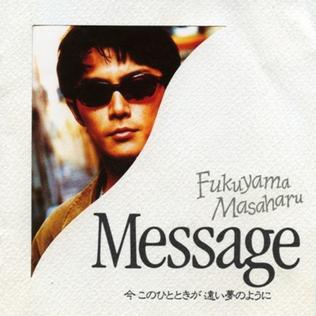
"Message" is the eleventh single by Japanese artist Masaharu Fukuyama. It was released on October 2, 1995.
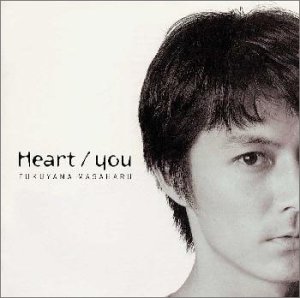
"Heart/You" is the twelfth single by Japanese artist Masaharu Fukuyama. It was released on April 30, 1998. It was used as the drama Meguriai's theme song.

"Melody" is the seventh single by Japanese artist Masaharu Fukuyama. It was released on June 2, 1993.

Tsuki no Koibito ~Moon Lovers~ is a Japanese television drama starting on Fuji TV on 10 May 2010. The drama is known also under the Japanese short name Getsukoi (ゲツコイ).

No Night Land is the third studio album by Japanese pop duo Moumoon. It was released in February 8, 2012 in 2 different editions: CD+2DVD and a Regular edition.
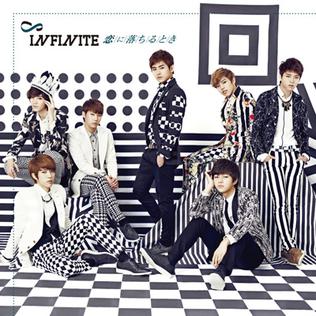
Koi ni Ochiru Toki is the Japanese debut studio album of the South Korean boy band Infinite. It was released in June 5, 2013 in two different editions. The album is the first audio-related release of the group under Universal Music Japan's sublabel Universal D.
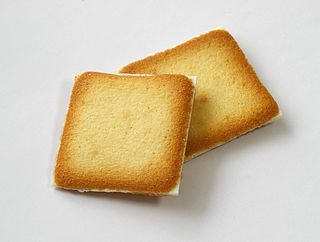
Shiroi Koibito is a European-style cookie manufactured and sold by Japanese confectionery maker Ishiya Co., Ltd. in Sapporo, Hokkaido. It consists of chocolate sandwiched between langue de chat. There are two main types: Shiroi Koibito White with white chocolate in the centre and Shiroi Koibito Black with milk chocolate in the centre. The package design has a white and light blue base with a picture of Rishiri Island's Mount Rishiri arranged in the centre.
AKB48 is a Japanese idol girl group named after the Akihabara area in Tokyo, where the group's theater is located. The group has expanded since then to include over 130 members as of December 2015, aged from their early teens to their mid-20s.
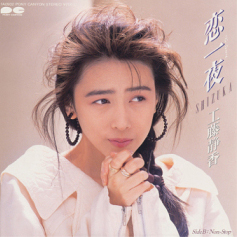
"Koi Hitoyo" is a song recorded by Japanese singer Shizuka Kudo, released on December 28, 1988, by Pony Canyon as the lead single from her third studio album Joy (1989). Almost a year later to the day, Kudo marked her second appearance on Kōhaku Uta Gassen by performing "Koi Hitoyo".
















